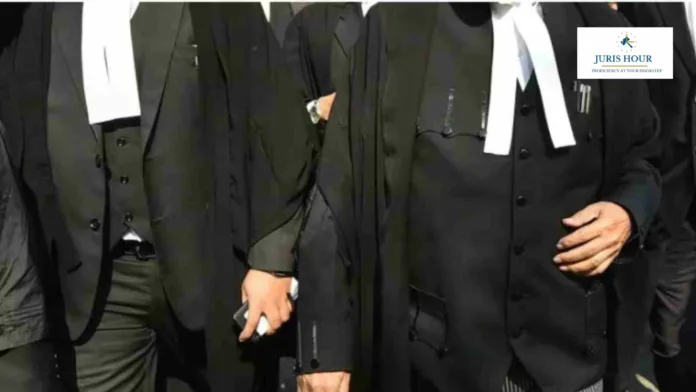The legal profession in India, revered for its ethics and decorum, stands on a strict code when it comes to public image and professional self-promotion. The advertisements by advocates is prohibited.
As per Rule 36 of the Bar Council of India (BCI) Rules, advocates are expressly prohibited from advertising their services in any manner that goes against the dignity of the profession. Yet, in the digital age, where lines blur between personal branding and promotion, the boundaries are often tested — sometimes unintentionally.
What Exactly Is Considered “Advertisement” by Advocates?
Extensive research and legal precedent identify the following activities as violative of the advertising prohibition imposed on advocates in India:
1. Soliciting Clients through Paid Promotions
- Using Google Ads, Facebook Ads, Instagram promotions, or LinkedIn-sponsored posts to directly attract legal clients.
- Sponsored posts claiming “best criminal lawyer in Delhi” or “Top 10 divorce lawyers in India.”
2. Boastful Claims on Websites
- Personal or firm websites that list exaggerated or unverifiable claims like “100% success rate,” “most reputed,” or “number one advocate.”
- Publishing client testimonials or success stories with identifiable details to build a reputation.
3. Distribution of Flyers, Pamphlets, and Banners
- Physical advertising materials in public spaces like metro stations, bus stops, or newspapers.
- Hoardings displaying names and specialization of advocates with a view to attract clientele.
4. Listings on Commercial Legal Portals with Promotional Language
- Paid listings on platforms like JustDial, Sulekha, or IndiaMART that highlight credentials, achievements, or guarantee results.
- Use of tags like “highly rated,” “fastest relief,” or “award-winning” in directories.
5. Appearances in Advertorials or Media Interviews with a Promotional Tone
- Giving interviews to media platforms where advocates use the opportunity to solicit clients indirectly.
- Featuring in “Top 10 Law Firms of India” editorials that are paid inclusions.
6. Publishing Success Stories on Social Media
- Posts on Facebook, Twitter (X), or Instagram detailing high-profile cases, bail orders secured, or verdicts won, especially if names of clients or case details are shared.
- Using social media handles like “@BestLawyerInIndia” or bios like “India’s #1 Legal Expert.”
7. Branded YouTube Channels & Legal Blogs for Client Acquisition
- Videos titled “Get Bail in 24 Hours – Guaranteed” or “How to Win a Property Dispute – Lawyer Secrets Revealed.”
- Content that encourages viewers to reach out for personal legal advice with contact numbers and consultation offers.
8. Cold Calling or Email Marketing
- Unsolicited calls or emails offering legal services, discounts on consultation, or legal plans.
- WhatsApp forwards or bulk messages promoting law services.
What Is Permissible?
The BCI has made a slight exception in the digital realm. Advocates may publish limited information on their own websites, including:
- Name, enrollment number, and contact details.
- Areas of practice, academic qualifications, and professional experience.
- However, such listings must not be boastful or promotional in tone.
Advocates can also be listed in online legal directories in a non-solicitational manner — without client reviews, advertisements, or rankings.
Legal Consequences of Violation
Advocates found guilty of advertising may face:
- Disciplinary action by the State Bar Council.
- Suspension or disbarment under the Advocates Act, 1961.
- Striking down of their digital content and injunctions against such activity.
In Bar Council of India v. A.K. Balaji (2018), the Supreme Court reiterated that Indian lawyers are prohibited from advertising or soliciting work, even as foreign law firms face scrutiny for indirect promotional practices.
Conclusion
As legal practice evolves amidst modern communication methods, so too must the understanding of professional boundaries. The line between informative presence and unethical advertisement is thin — and advocates must tread with extreme caution. While building an online presence for visibility is increasingly essential, doing so within the confines of the law remains non-negotiable for India’s legal professionals.

